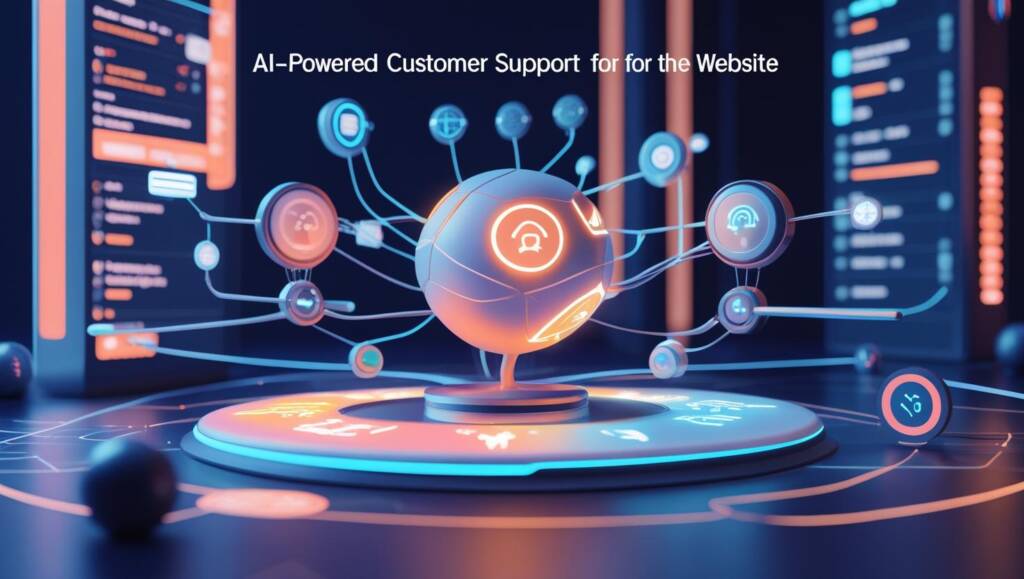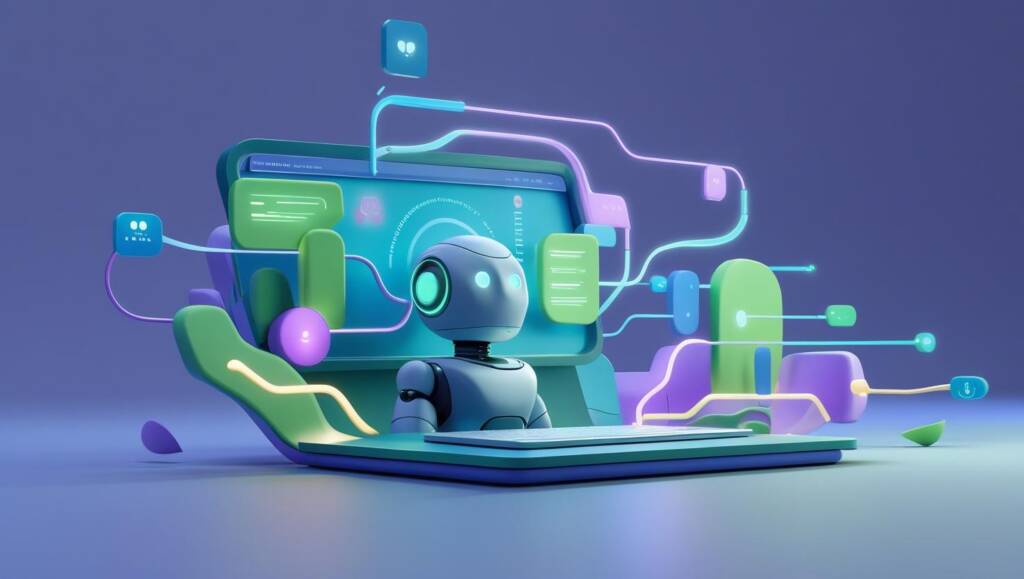The Challenge
Velocity Electronics, a leading consumer tech retailer, was experiencing a dramatic surge in customer queries as their online sales boomed. Their support team faced:
- Over 300 customer tickets daily across email, chat, and social media.
- 70% of queries were repetitive: order status, returns, warranty, and product specs.
- Response times stretched to 48 hours, resulting in negative reviews and lost repeat business.
- Manual triage and order lookups slowed down the team, causing missed escalations and inconsistent answers.
- No unified knowledge base for agents or customers, leading to duplicated effort and confusion.
Management recognized that this bottleneck was damaging their brand and stalling growth.



Discovery & Process Mapping
Our team conducted a deep-dive audit:
- Ticket Analysis: Reviewed 5,000+ recent tickets, categorizing by topic, complexity, and resolution time.
- Workflow Mapping: Charted the journey from customer query to resolution, identifying bottlenecks in triage, escalation, and closure.
- Pain Points Identified:
- 70% of queries could be automated.
- Manual order lookups in Shopify slowed down responses.
- Escalations often stalled due to unclear handoff processes.
- No analytics on support trends or agent performance.
Solution Design & Technology Implementation
1. AI Chatbot Deployment
Technology Used: Notion
- Built a conversational AI assistant to answer FAQs, check order status (via Shopify API), and initiate returns.
- Trained the bot on Velocity’s policies, product catalog, and past support transcripts for natural, accurate responses.
- Set up fallback to human agents for complex or sensitive issues.
2. Unified Knowledge Base
Technology Used: Notion
- Created a dynamic FAQ and troubleshooting guide for both the AI and human agents.
- Updated weekly based on new queries and product launches.
3. Helpdesk Integration
Technology Used: Zendesk
- Integrated the chatbot with Zendesk to seamlessly escalate tickets, preserving chat history and context.
- Automated ticket assignment based on issue type and agent expertise.
4. Feedback & Continuous Improvement
Technology Used: Typeform
- Deployed automated satisfaction surveys after each chat or ticket closure.
- Monthly review meetings to refine AI responses and update the knowledge base.
Implementation & Change Management
- Pilot Program: Launched the AI assistant for order status and FAQ queries, monitored performance for two weeks.
- Staff Training: Trained agents to collaborate with the AI, handle escalations, and update the knowledge base.
- Full Rollout: Expanded AI coverage to all support channels and product lines.
- Ongoing Support: Provided analytics dashboards for management to track response times, ticket volumes, and customer satisfaction.
Visual Results
Before:
- 48-hour average first response time
- 300+ tickets/day, mostly repetitive
- Agents burned out, inconsistent answers
- Customer satisfaction (CSAT): 3.2/5
After:
- Instant responses for 70% of queries
- AI handled 62% of total ticket volume
- Human agents focused on complex cases
- CSAT: 4.6/5
- Support cost savings: 22% annually
- Repeat purchase rate improved by 14%
Brand Book
Velocity Electronics transformed its customer experience. Fast, consistent support became a brand differentiator, leading to positive reviews and increased loyalty. The team’s morale improved as they shifted from repetitive tasks to meaningful customer engagement.
Looking Forward
Velocity now has a scalable, intelligent support system ready for future growth. The AI assistant continues to learn and improve, and the company can launch new products without overwhelming support.
Ready to transform your customer support?
Let’s build your intelligent support solution today. Certainly! Here is a fully detailed, enriched case study for your next portfolio entry: Automated Lead Management. This is written to fit your Phyner layout, with clear sections, in-depth process, technology choices, and measurable results.
